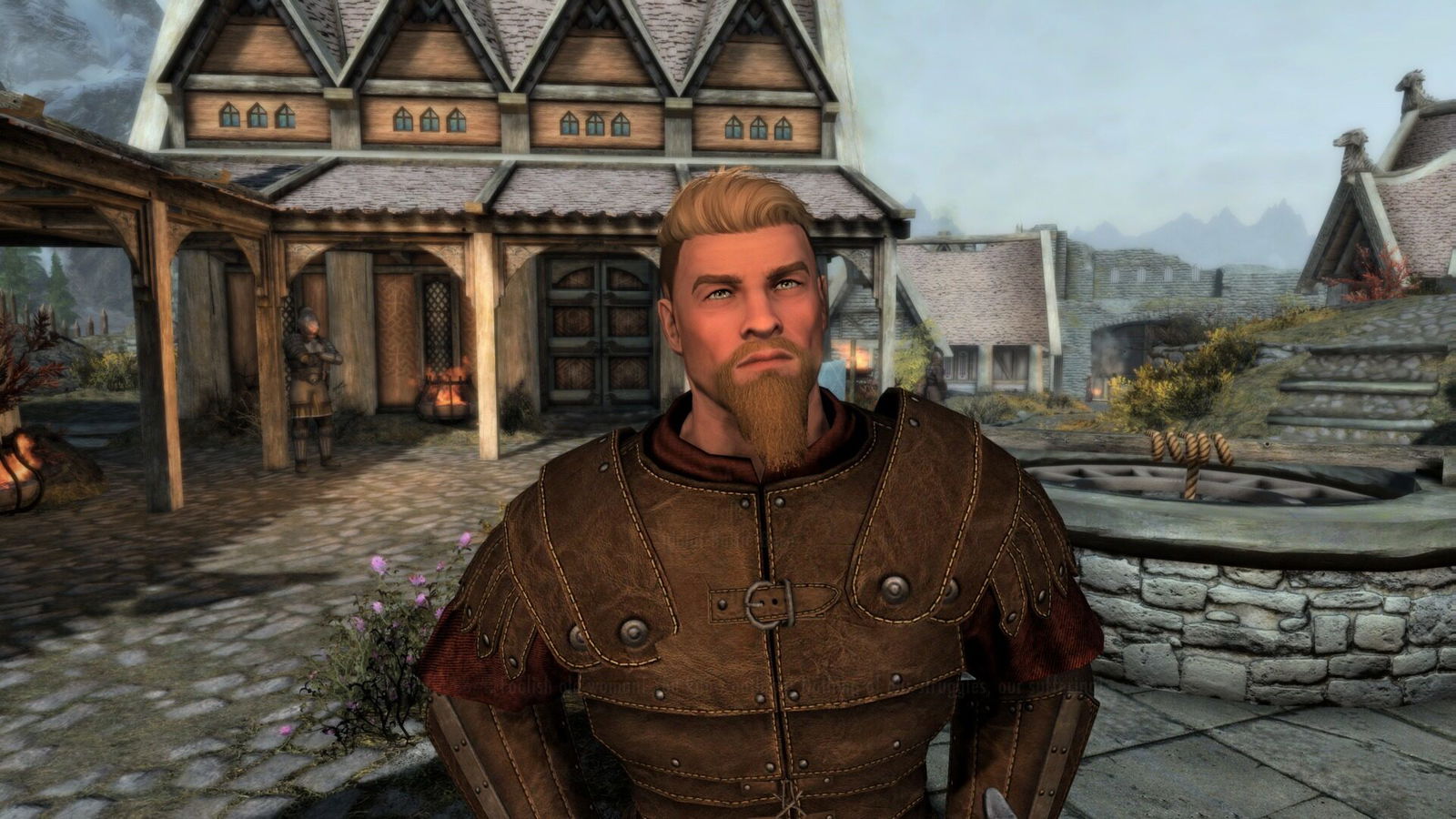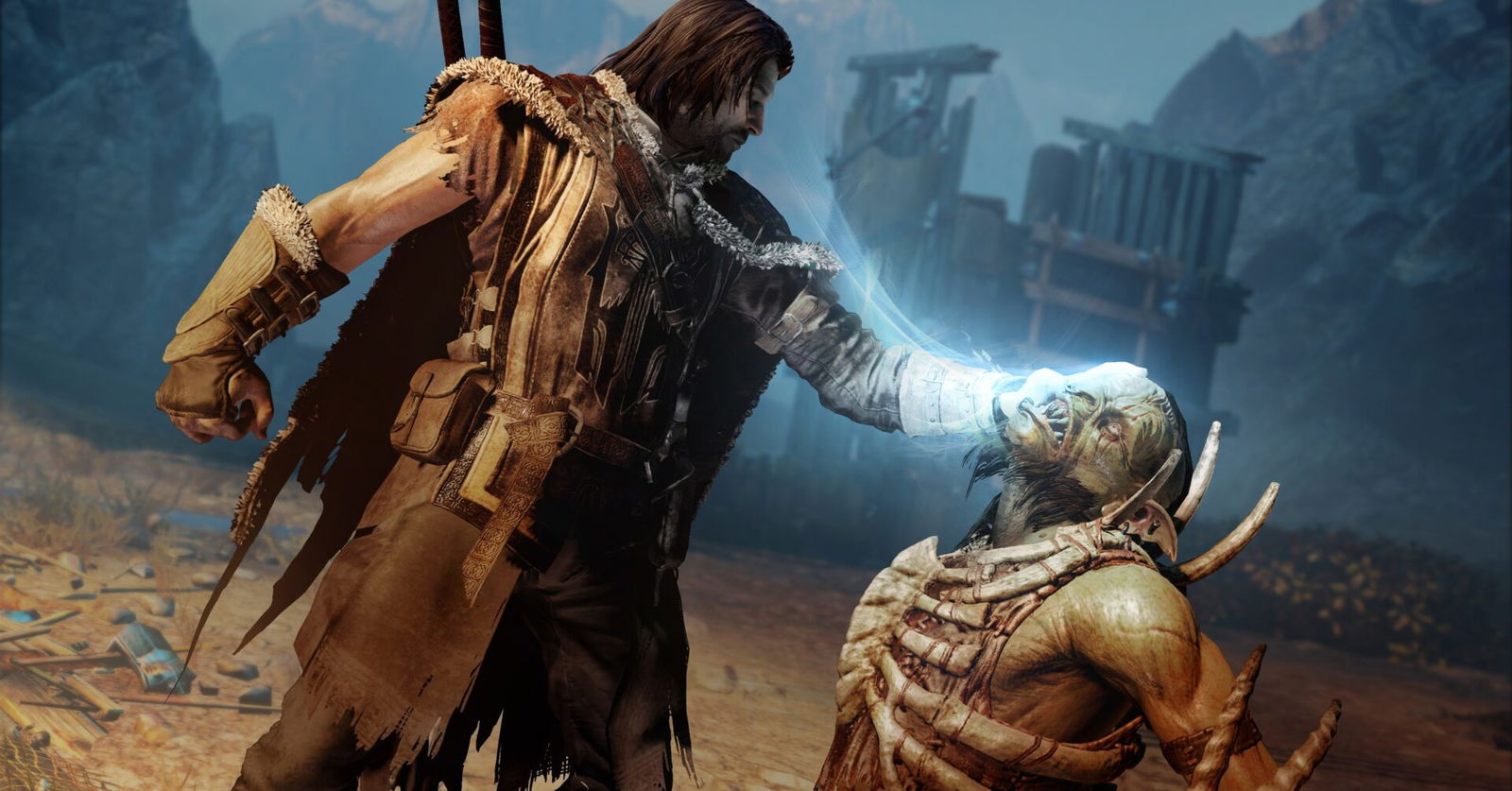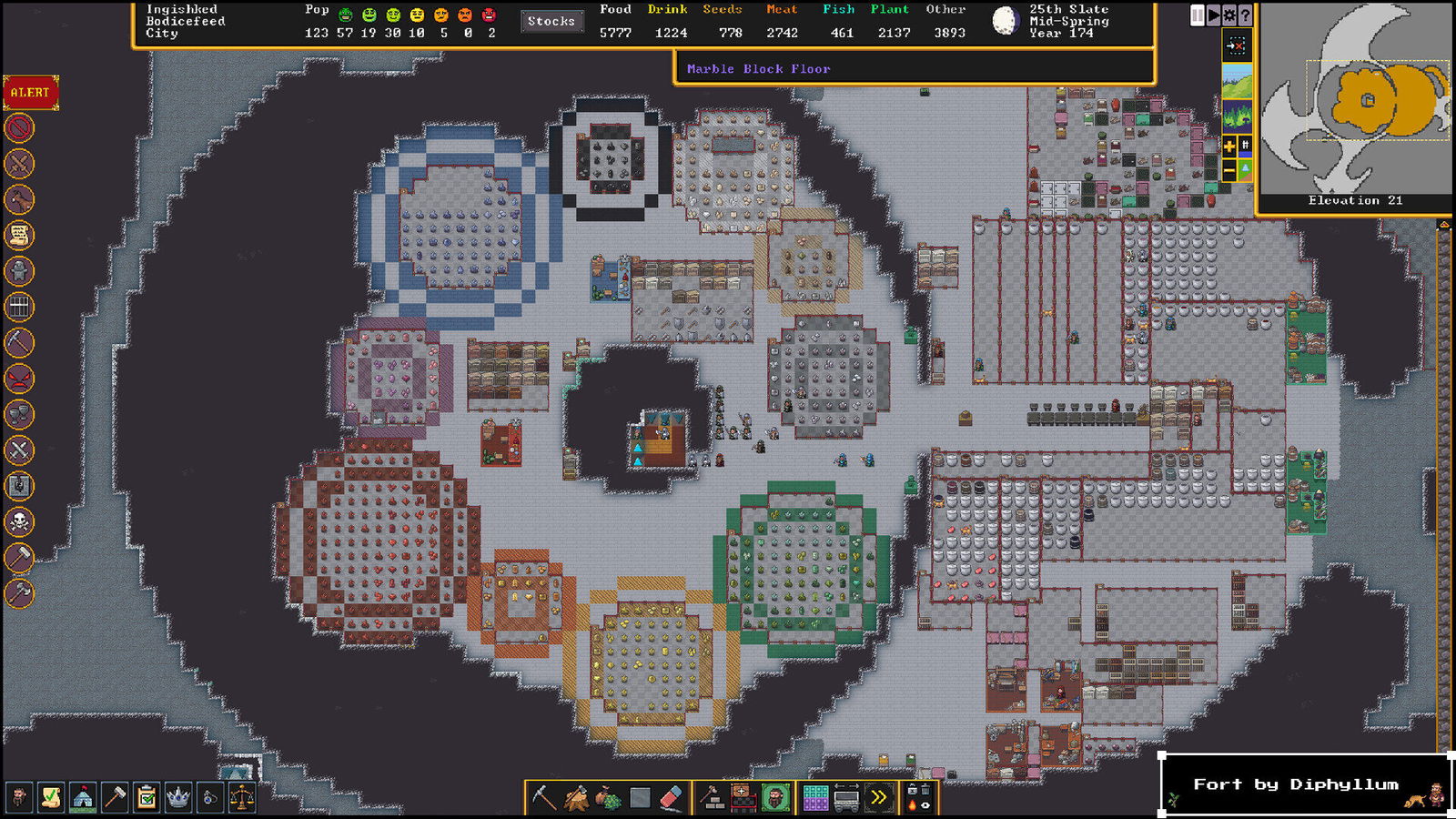Remember when you’d be playing a video game, immersed in a fantasy world, and an NPC would suddenly appear, repeat random phrases, and walk in endless circles, a stark reminder that you were, in fact, playing a game? With the rise of artificial intelligence in gaming, that era is quickly fading. AI is reshaping how NPCs behave, making them smarter, more reactive and far more lifelike.
This isn’t limited to big-budget RPGs or adventure games either. AI is changing character behaviour across all gaming genres. Even in casual card games online, where players might want to play poker online free, AI-powered players (that fill in empty seats) now offer more realistic reactions and plays. Rather than facing predictable computer opponents that follow rigid strategies, players encounter virtual characters that bluff, adapt to playing styles, and even simulate human hesitation or confidence.
This broader use of artificial intelligence is creating more engaging experiences across all types of games, making virtual worlds and their inhabitants feel increasingly real.
This article looks at how AI is having a major impact on NPC behaviour—from basic pathfinding to emergent conversations and emotional responses.
Scripted NPCs

Technology in gaming has come a long way. Traditional non-playable characters (NPCs) relied on prewritten scripts that limited how they could interact with players. Dialogue trees were often short and rigid, meaning conversations followed a set pattern and felt wooden or robotic. NPCs behaved in repetitive, predictable ways because they were tightly programmed. They’d repeat the same line over and over, regardless of context.
Take Skyrim, for example. How many guards took an arrow to the knee? Definitely more than is realistically plausible.
While there’s a certain charm to those quirks, they limited the player’s sense of immersion. Whether you had just saved a village from destruction or returned from a morally questionable heist, the shopkeeper would treat you exactly the same. Dialogue rarely evolved based on your actions or reputation, which made the world feel static.
As games have become more complex, so has the need for more dynamic, responsive characters. This is where AI has started to make a serious impact.
AI-Powered NPCs

AI is now actively enhancing NPC behaviour. One of the most noticeable changes comes through improved natural language processing (NLP). Developers are using tools like Inworld AI and Convai to give NPCs unique personalities and conversations that evolve over time. Modded versions of Skyrim, experimental demos like Neon Dream, and text-based adventures such as AI Dungeon are already exploring this space.
AI is also helping NPCs “learn” from player actions using machine learning. In Middle-earth: Shadow of Mordor, the Nemesis System—a form of pseudo-AI—allows enemies to remember past interactions. If you defeat or spare an enemy, they may later return with new dialogue, scars or strategies. This creates a more personal, memorable experience that feels dynamic and reactive.
Another way AI is enhancing NPC realism is through the simulation of emotions. NPCs are beginning to display more human-like emotional states—things like hunger, tiredness, fear or happiness—which affect their behaviour. The Sims 4 employs a system similar to this one, where emotions influence decisions and social interactions in surprisingly nuanced ways. Edward Saatchi, founder of AI game studio Fable, put it best: “The future of NPCs lies in emergent behaviour, not canned lines.”

Another exciting development is how AI is enabling NPCs to react not just to scripted dialogue choices, but to the player’s tone, decisions and behaviour over time. In some early prototypes, NPCs can respond to paraphrased inputs and inferred intent, opening up more complex and believable social dynamics. Trust, suspicion or friendship can now evolve organically throughout gameplay.
Behind the scenes, AI is also influencing how NPCs make small, tactical decisions—like when to seek cover, call for help or choose negotiation over combat. These micro-decisions affect how gameplay unfolds, creating more emergent, player-driven scenarios.
A richer experience

All of this leads to a richer, more immersive gaming experience. When NPCs react to your behaviour, remember your choices, and respond in unscripted ways, they stop feeling like background props and start to feel like actual characters with agency. This is the true potential of AI in games: creating worlds that evolve with the player, rather than just existing around them.
The use of AI to enhance NPCs comes with both benefits and drawbacks. On the positive side, it allows for deeper immersion, more personalized gameplay, and faster content creation. Developers can focus more on creative direction while AI helps generate context-specific content at scale.
However, it’s not all smooth sailing. The computational costs can be high, especially in real-time systems. There are also ethical concerns, such as how players form emotional connections with AI characters, and how believable AI personalities could blur the lines between fiction and reality.
AI in gaming could go in several exciting directions. We might soon see fully emergent, procedurally generated societies—similar to Dwarf Fortress—where every character has individual needs, routines, and relationships.
Fully voiced, adaptive NPCs that can respond in real time to any player input could also become standard. And in multiplayer and shared-world games, NPCs may be able to react not just to one player’s actions, but to the evolving state of the entire world around them. That means your behaviour could influence how the whole community of characters responds.
It’s a thrilling thought. The idea of meeting a new NPC—one that feels more lifelike, surprising, and memorable than even the game’s main characters—isn’t as far off as it once seemed.



